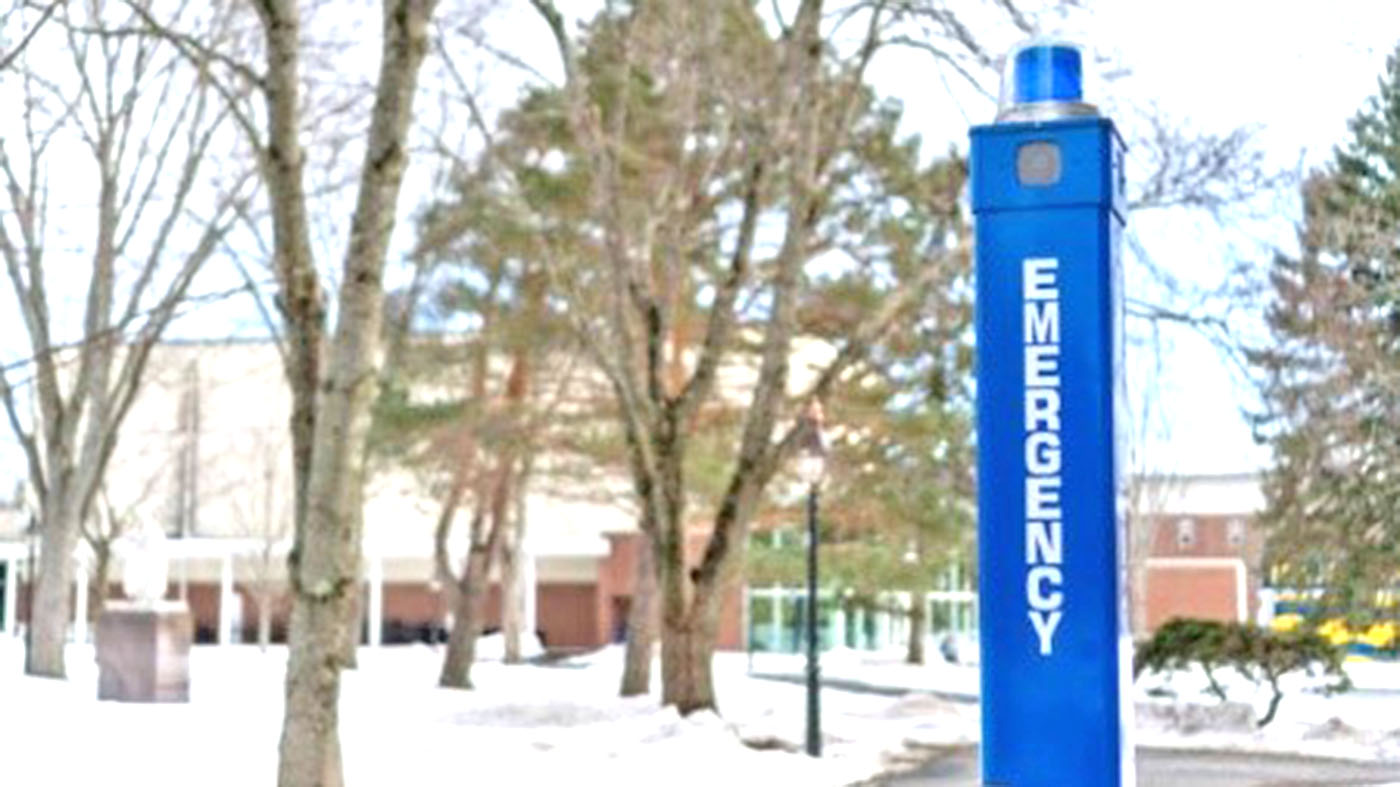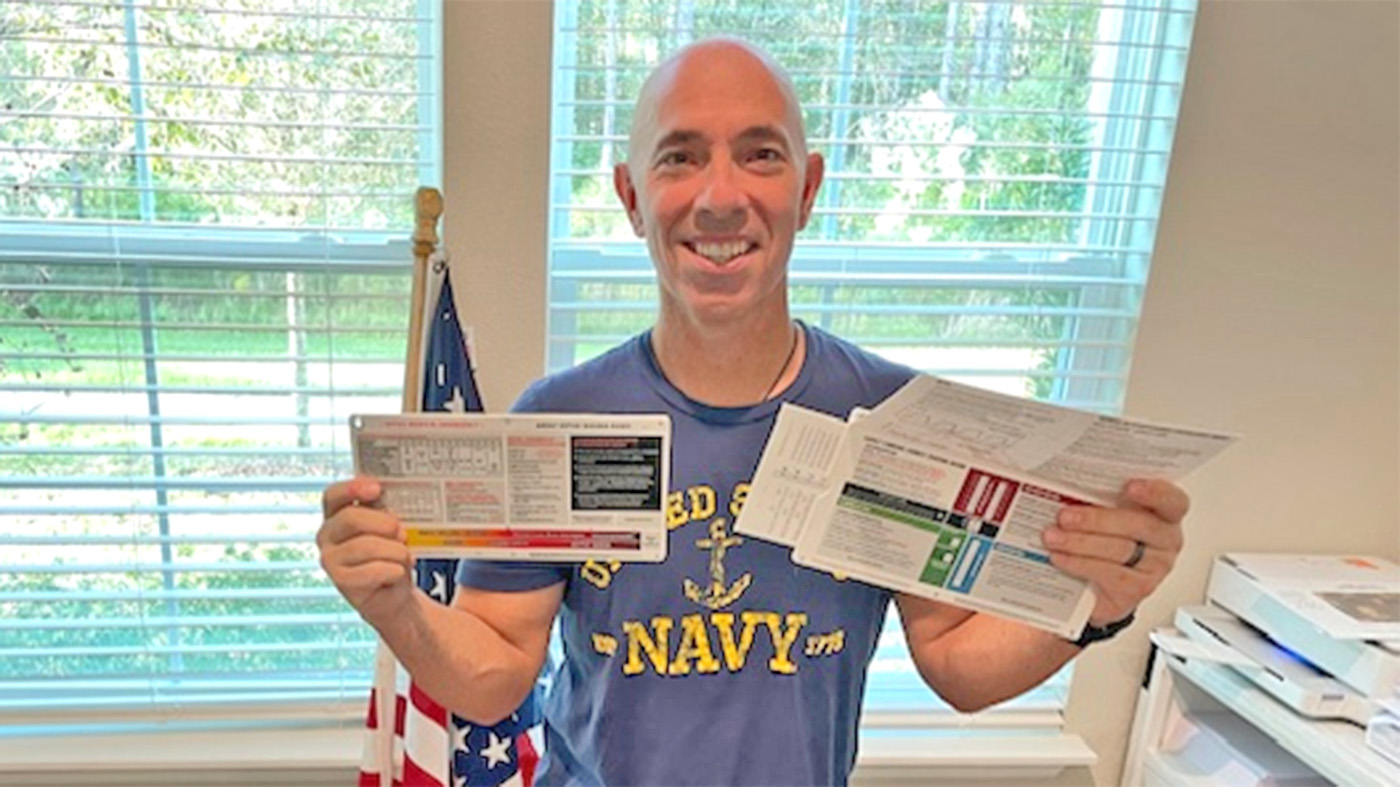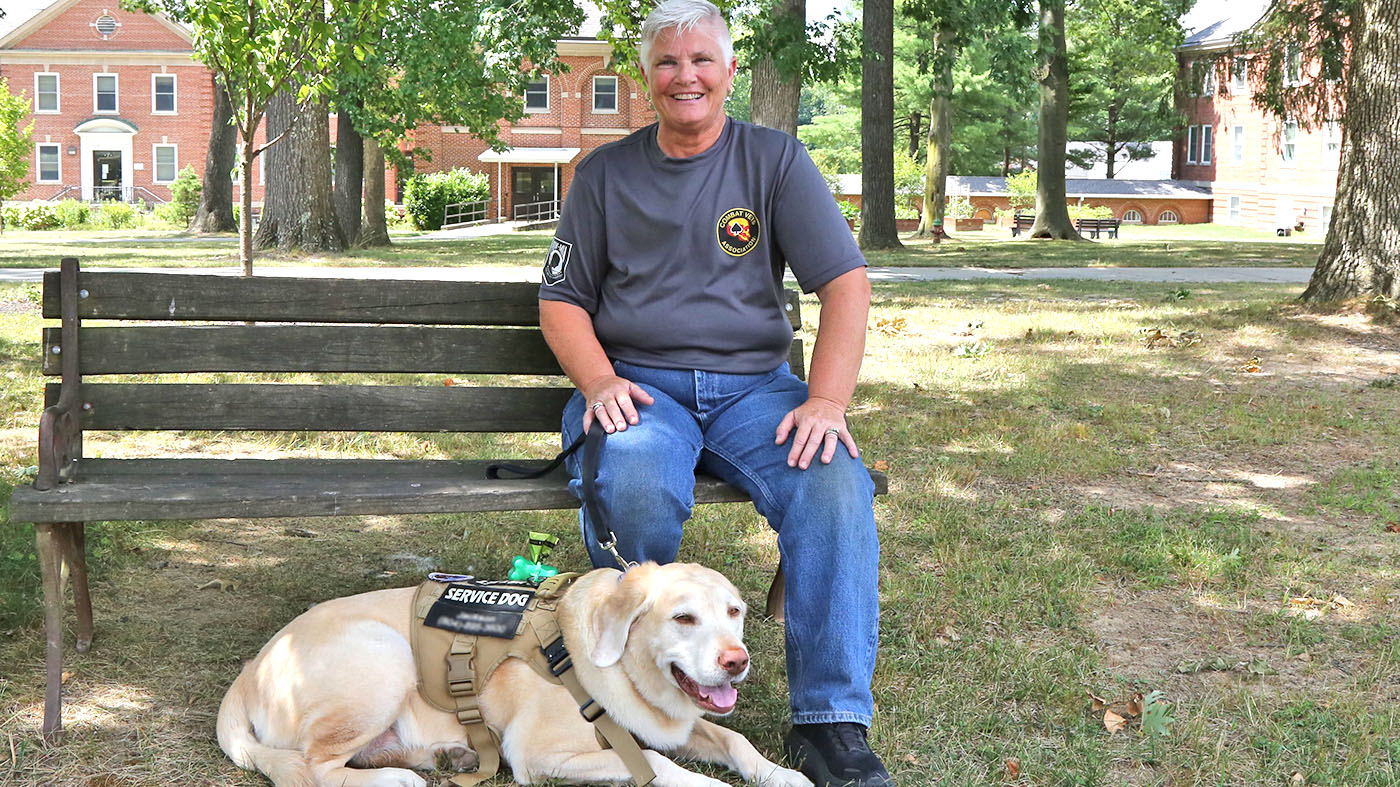Winter weather can be dangerous and unpredictable, bringing risky conditions due to snow, ice, and freezing temperatures that can lead to unexpected injuries and accidents. Common injuries during this season include frostbite, hypothermia and heart strain from overexertion outdoors.
Frostbite occurs when skin freezes from exposure to extreme cold. Hypothermia in cold conditions can set in when your body loses heat faster than it can produce it. Heart strain can arise when shoveling snow, considering the sudden exertions and lifting heavy snow. Accidents are more likely to due to icy roadways and slippery paths.
By preparing ahead of time you can avoid emergencies, protect your health and keep your loved ones safe. If you live in an area that experiences harsh winters, follow these tips to stay safe and be prepared in the months to come.
10 winter safety tips
- Stay informed. Listen to local officials for weather updates and safety guidance before, during and after storms.
- Prepare emergency supplies. Keep essential items like food, water, and first aid kits at home and at work.
- Use heat safely. Use heating devices according to instructions and install a carbon monoxide alarm if you rely on alternative heat sources.
- Use generators carefully. Place generators at least 20 feet away from doors and windows and shield them from rain or flooding to prevent electrical shock.
- Avoid unnecessary travel. Stay off the roads during and after storms unless absolutely necessary.
- Dress in layers when outdoors. If you must go outside, wear warm layers and limit your time outdoors.
- Watch for cold-weather injuries. Particularly when outdoors for extended time, check for frostbite symptoms (numbness, pale skin) and hypothermia (shivering, confusion, or drowsiness).
- Avoid overexertion. Cold weather can constrict blood vessels, which means your body will need to work even harder to shovel snow and walk in deep snow. This can put a strain on your heart and increase the risk of a heart attack. Pace yourself and take breaks as needed.
- Maintain your car. Routine vehicle maintenance is especially important in winter to prevent breakdowns in severe weather. If possible, switch to snow tires or carry snow chains.
- Pack a car emergency kit. Include a cell phone charger, blankets, warm clothes, a snow shovel, a flashlight with batteries, jumper cables, water and non-perishable snacks. If possible, keep a full gas tank.
Winter safety starts with preparation. By following these tips, you can reduce risks and manage unexpected challenges. Staying informed, having emergency supplies, and taking care of yourself and your family can make a big difference during winter storms.
Get more tips and resources. Stay safe, stay warm and enjoy your winter season.
Topics in this story
More Stories
Forget 'No Pain, No Gain'—try 'No Pain, More Gain' with Tai Chi! Calm the mind and gift yourself well-being in this week's #LiveWholeHealth practice.
Critical care dosing guides are critical in emergency care where a clinical team’s skill and focus matter most.
Combat Veteran faces the traumatic events of her PTSD during prolonged exposure therapy and looks forward to the days to come.






